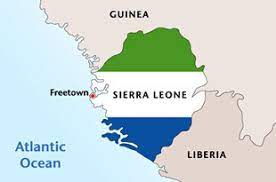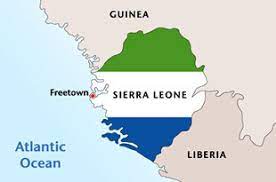
Along with her cousin, she fled to Beirut, carrying only a change of clothes stuffed into a plastic bag, according to AFP.
Fatima Samuella Tholley’s hopes of returning to Sierra Leone were shattered when an Israeli airstrike killed her employer and destroyed her belongings in southern Lebanon.
Along with her cousin, she fled to Beirut, carrying only a change of clothes stuffed into a plastic bag, according to AFP.
“We don’t know today if we will live or not, only God knows,” Fatima said through tears during a video call with AFP. “I have nothing… no passport, no documents,” she added.
The cousins have been sheltering in a cramped storage room of an empty apartment offered by a stranger.
With no access to TV or the ability to speak French or Arabic, they could only watch from the window as the city was bombarded by strikes.
The violence, which has killed over 1,000 people since mid-September, has left migrant workers particularly vulnerable. Their legal status is often tied to employers under the “kafala” system, which has been criticized by rights groups for enabling abuse.
“When we came here, our madams received our passports, they seized everything until we finished our contract,” said 29-year-old Mariatu Musa Tholley. “Now [the bombing] burned everything, even our madams… only we survived.”
Sierra Leone is working to provide emergency travel certificates to those without passports, according to Kai S. Brima from the foreign affairs ministry.
Many migrants in Lebanon, like Fatima and Mariatu, work for as little as $150 a month and are rarely allowed outside.
Another housekeeper, Patricia Antwin, stranded after her employer fled during an airstrike, said, “The people I work for, they left me, they left me and went away.”
Housekeeper Kadij Koroma, who had been sleeping on the streets, said, “We don’t have a place to sleep, we don’t have food, we don’t have water… everywhere you go, bomb.”


